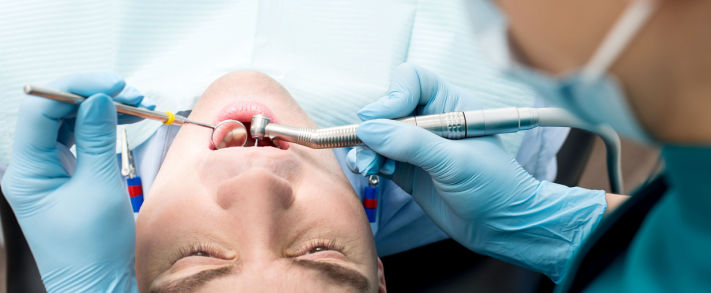
The importance of oral health cannot be overstated, as it plays a critical role in an individual’s overall well-being. Dental care, however, has become a significant challenge in rural Britain, with disparities in access to dental services posing a considerable burden on the residents of these areas. A range of factors contribute to the difficulties rural Britons face when seeking dental care, including the shortage of dental professionals, limited transportation options, and economic constraints. This article will explore the factors affecting access to dental care in rural Britain and suggest potential solutions to bridge the gap in dental services.
The shortage of dental professionals
One of the main factors contributing to limited access to dental care in rural Britain is the shortage of dental professionals in these areas. Dental practices in remote locations often struggle to attract and retain dentists, dental hygienists, and dental therapists. This is due to a variety of reasons, such as fewer professional development opportunities, lack of networking possibilities, and the preference of dental professionals to work in urban areas where there is a higher concentration of patients.
This shortage of dental professionals results in longer waiting times for appointments, reduced availability of emergency dental care, and the need for rural residents to travel long distances to access dental services. Consequently, many individuals in rural areas may choose to neglect their dental health, leading to more severe oral health issues in the long run.
Limited transportation options
In addition to the shortage of dental professionals, limited transportation options can also hinder access to dental care in rural Britain. Many rural areas have inadequate public transportation systems, which can make travelling to dental appointments a significant challenge for those without access to a private vehicle. This problem is exacerbated for elderly residents, disabled individuals, and those with low incomes who may not have the means or ability to travel long distances.
Furthermore, long travel times and the high cost of transportation can discourage rural residents from seeking regular dental care, leading to the worsening of oral health issues and the development of more serious dental problems.
Economic constraints
Economic challenges can further compound the difficulties rural Britons face in accessing dental care. Low-income households, which are more common in rural areas, may struggle to afford dental treatments and may not have access to private dental insurance. Additionally, the limited availability of NHS dental practices in rural areas forces many residents to opt for private dental care, which can be financially prohibitive.
Potential solutions
To improve access to dental care in rural Britain, several measures can be implemented to address the contributing factors:
- Incentivizing dental professionals to work in rural areas: Offering financial incentives, such as student loan forgiveness or tax breaks, to dental professionals who choose to practice in rural areas can help to address the shortage of dental practitioners. Additionally, providing opportunities for professional development and networking in rural settings can make these locations more attractive to dental professionals.
- Enhancing transportation options: Improving public transportation systems in rural areas or providing subsidized transportation services to dental appointments can help to reduce the barriers faced by those without access to private vehicles. In addition, mobile dental clinics can be utilized to provide essential dental services in remote locations and decrease the need for long-distance travel.
- Expanding NHS dental services: Increasing the number of NHS dental practices in rural areas and ensuring that they provide a wide range of treatments can help to make dental care more accessible and affordable for rural residents. This can be achieved through targeted funding and policies that prioritize the establishment of dental services in underserved areas.
- Community-based dental care initiatives: Collaborating with local community organizations and schools to promote oral health education and provide preventive dental services can help to raise awareness of the importance of oral health and reduce the incidence of dental problems in rural areas.
Access to dental care is an essential component of overall health and well-being, and the challenges faced by rural Britons in accessing these services cannot be ignored. By addressing the shortage of dental professionals, enhancing transportation options, expanding NHS dental services, and promoting community-based dental care initiatives, it is possible to bridge the gap in dental care access between rural and urban Britain.
Improving access to dental care in rural areas is not only crucial for the residents’ oral health but also for their overall quality of life. It is the responsibility of government agencies, dental professionals, and community organizations to work together to develop and implement innovative strategies to eliminate the disparities in dental care access.
In conclusion, the importance of access to dental care in rural Britain cannot be overstated, and concerted efforts must be made to ensure that these disparities are addressed. By investing in the dental health of rural communities, we can work towards building a healthier and more equitable Britain for all.
